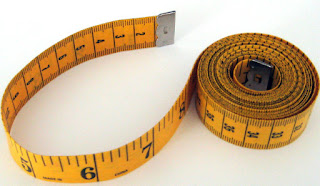Measurements

1.general physics 1.1 length and time -i-Physical Quantity Physical Quantities A physical quantity is a property of an object that can be measured with a measuring instrument. A physical quantity is usually expressed as “a magnitude ( numerical value) and a physical unit or more ” Example :- Normal body temperature of a healthy human being is 37 0 C -ii-Length Measuring Length. Length is “the distance between two points in a space”. According to SI units, the length quantity is expressed in meter. There are several kinds of measuring devices used to measure quantity of length, among others, are as follows. Tools used… a- Measuring tape. b- Ruler c- Vernier callipers. d- Micrometer Measurement of length Length is measured accurately through many meth...





Comments